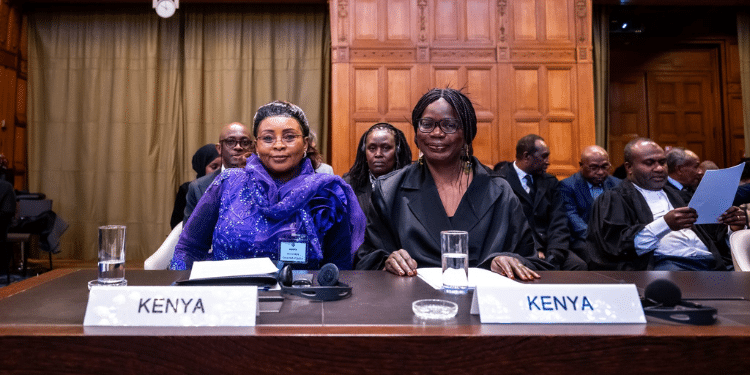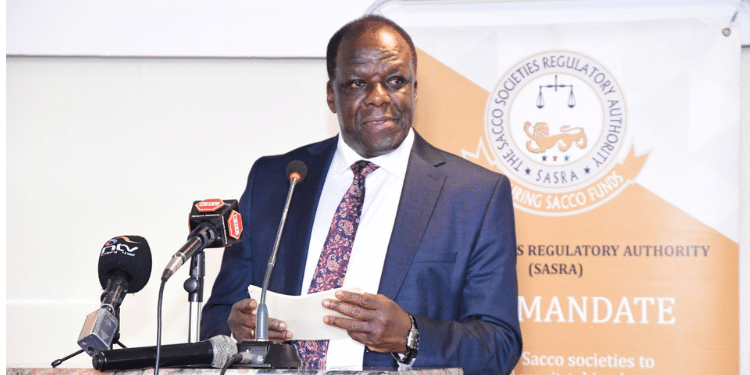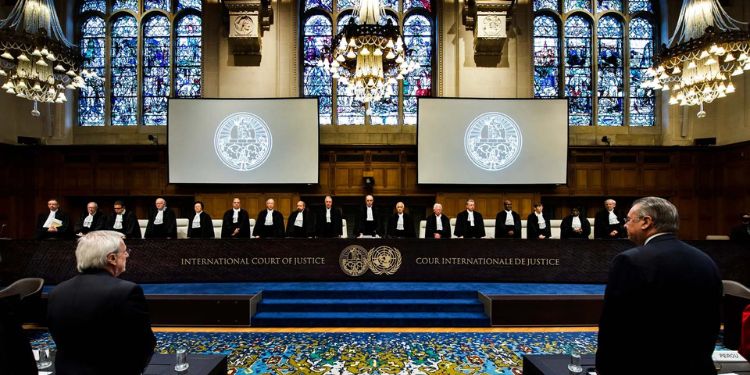Members of the International Court of Justice (ICJ) receive substantial salaries, benefits, and protections reflecting their high-ranking judicial positions.
The Court, based in The Hague, Netherlands, consists of 15 judges elected for nine-year terms by both the United Nations General Assembly and Security Council.
One-third of the judges are elected every three years to maintain continuity. Elections require candidates to receive an absolute majority in both UN bodies, and judges are eligible for re-election.
If a judge dies or resigns mid-term, a special election is held to fill the remainder of the term.
On November 12, 2025, Kenyan scholar Professor Phoebe Okowa was elected as a judge of the International Court of Justice (ICJ) following a vote by the United Nations General Assembly and Security Council in New York, filling the seat vacated by Somali jurist Abdulqawi Ahmed Yusuf.
Judges are selected from individuals of high moral character who meet the qualifications for the highest judicial offices in their home countries or are jurisconsults recognised for expertise in international law.
Each State party to the ICJ Statute may propose up to four candidates, with no more than two of its own nationality.
Additionally, the Court is structured to include judges from diverse legal systems and civilisations while limiting each nationality to a single judge.
Once elected, judges act independently and do not represent their home governments or any other State.
They are required to make a formal declaration in open court to exercise their duties impartially and conscientiously.
ICJ Judges Salaries
The ICJ judges receive an annual base salary designed to reflect the responsibility and importance of their office.
Also Read: ICJ Kenya Addresses Escalating Cases of Unlawful Arrests in Kenya
As of 2023, the annual base salary is approximately KSh 24,680,000 (US $191,263).
The President of the Court receives an additional special allowance of KSh 3,230,000 (approximately US $25,000), bringing the total remuneration to a higher level of recognition for the increased responsibility.
Upon completing a nine-year term, judges are entitled to a pension equal to half the base salary, approximately KSh 12,340,000 (US $95,631).
According to United Nations post-adjustment multipliers, these figures are periodically adjusted to account for fluctuations in the exchange rate between the US dollar and the euro.
Immunities
ICJ judges enjoy privileges and immunities similar to those of diplomatic heads of mission to protect their judicial independence.
The judges cannot be dismissed from office except in the rare circumstances of unanimous agreement by other judges that they no longer meet the required qualifications, a situation that has never occurred.
Also Read: ICJ Reveals Number of Police Killings in 2024 Protests, Gives IPOA Ultimatum
While performing Court duties, judges are protected under these immunities, ensuring freedom from undue influence, political pressure, or legal harassment.
Exclusive Privileges for the Judges
In the Hague, the President of the Court takes precedence over the doyen of the diplomatic corps, followed by the Vice-President, with precedence alternating between judges and ambassadors.
Judges’ work environment and status are structured to maintain impartiality, professionalism, and global representation.
These exclusive privileges, combined with competitive salaries and strong legal immunities, ensure the independence and authority of ICJ members, allowing them to adjudicate international disputes without interference.
Follow our WhatsApp Channel and X Account for real-time news updates























































![Senator Allan Chesang And Chanelle Kittony Wed In A Colourful Ceremony [Photos] Trans Nzoia Senator Allan Chesang With Channelle Kittony/Oscar Sudi]( https://thekenyatimescdn-ese7d3e7ghdnbfa9.z01.azurefd.net/prodimages/uploads/2025/11/Trans-Nzoia-Senator-Allan-Chesang-with-Channelle-KittonyOscar-Sudi-360x180.png)




















